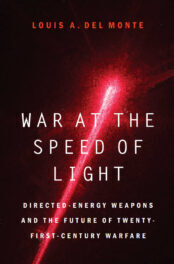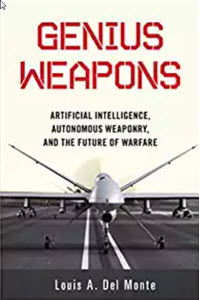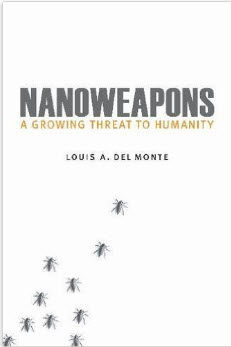When most of us think about winning a war, we visualize a large theater conflict, similar to WW I and II, and winning means forcing an enemy to surrender. However, that is not the nature of today’s conflicts. Without going into excessive detail, the nature of war today has numerous shades of conflict. In fact, we are engaged in a war as I write. For example, we have been at “war,” via counter insurgency and stability operations in the Middle East, following our invasion of Iraq in 2003.
Many think the United States can win any type of war, due to our military superiority. I also believe that, but perhaps for a different reason than some. When I think of military superiority, I don’t think about counting troops, tanks, battleships, fighter jets, or nuclear weapons. Why? Because, numbers alone don’t win wars. For example, in the fist Gulf War the United States and its allies destroyed many of the Russian made tanks of Saddam Hussein before they could even get a shot off. Superiority in warfare is critically dependent on technologically superior weapons and a well-trained military. In that regard, two technologies will play a critical warfare role in the 21st century. They are artificial intelligence and nanoweapons.
Most people are aware of some of the roles artificial intelligence plays, having seen news reports and video coverage of smart bombs and drones. In reality, those applications are only the proverbial “tip of the iceberg.” The United States military uses artificial intelligence in a wide array of applications, from medical diagnosis to robots that detect and defuse improvised explosive devices (IEDs).
In stark contrast, most people have never heard of nanoweapons. Yet, nanoweapons are being developed and deployed by numerous nations, including most notably the United States, China, and Russia. This begs a question, What are nanoweapons? Nanoweapons are any military technology that exploits the power of nanotechnology. This begs another question, What is nanotechnology? According to the United States National Nanotechnology Initiative’s website, nano.gov, “Nanotechnology is science, engineering, and technology conducted at the nanoscale, which is about 1 to 100 nanometers.” For perspective, the diameter of a typical human hair equals 80,000- 100,000 nanometers.
Obviously, in contrast to smart bombs, drones, and nuclear weapons, nanoweapons garner few headlines and little video coverage. Yet, nanoelectronic integrated circuits, nanoparticles, nanosensors, and nanorobotics are becoming fundamental building blocks for numerous new weapons systems, from high tech laser weapons to mini-nukes. Although, the media has reported on the Navy’s high tech laser, little has been written about mini-nukes. Yet, there is evidence that mini-nukes are under development by the United States and several other nations. You may wonder, What are mini-nukes? Mini-nukes are small nano-enhanced nuclear bombs with a minuscule amount fissionable material. Mini-nukes can result in an explosion, depending on construction, that equates from one to a hundred tons of conventional explosives, with almost no radioactive fallout. For this reason, the United States may classify mini-nukes as conventional weapons, which will increase their likely hood of use in combat. Again, these are only a few examples to illustrate the development and deployment of nanoweapons.
Unfortunately, nanoweapons will ultimately evolve to become weapons of mass destruction, more problematic nuclear weapons. I will discuss this more fully in future posts. My intent in this post is to make one significant point. The outcome of future conflicts may be determined by which adversary has the most capable nanoweapons. In fact, nanoweapons will likely determine the superpowers of the 21st century. This too will become obvious in future posts.












I don’t think any War can be predicted, as they evolve in situ. Nanoweapons will be used, as with bio/chemical and all manour of destructive imagination. The unexpected is a certainty, say for instance if the vast network of orbiting technology were to be attacked with more low grade weapons a cascade would bring the world back to 1950 and we might be denied space explorations for decades.